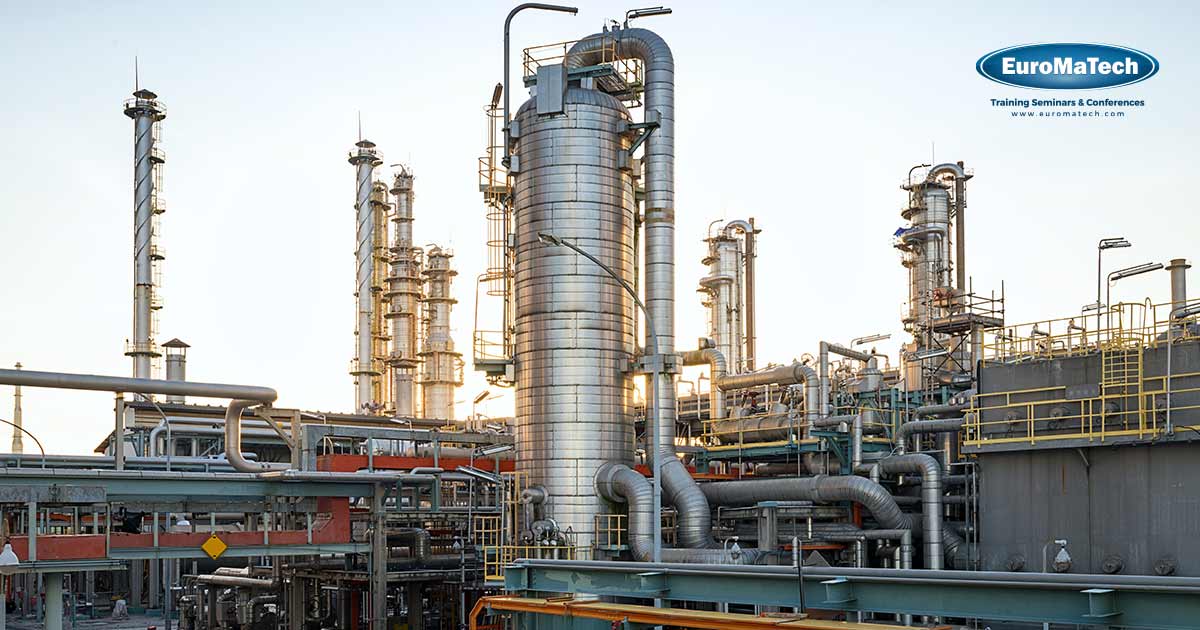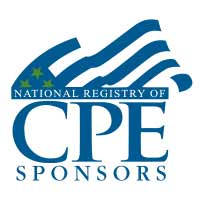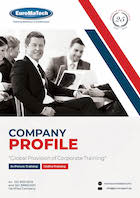
An Intensive 5-day Training Course
Gas Processing
- Format: Classroom, Live/Online
- Duration: 5 days
- Language: English
- Accredited: CPE, KHDA Certified training courses
INTRODUCTION
Natural or associated gas as well as refinery off gases may contain a number of acidic contaminants, primarily h5S and CO2, inert gases, helium and nitrogen and in rare cases Radon. Removal of these acidic components can be divided into two broad categories, chemical and physical. Sometimes a mixture of chemical and physical solvents are used either in a continuous or batch process.
This Gas Processing training course concentrates on treatment processes in the entire natural gas value chain, from discovery, exploration and transportation through to sales and marketing. The h5S can be converted to sulphur using a modified Claus Sulphur Recovery unit. Each of the various sulphur recovery processes is examined and their chemistry explored in detail. Other techniques that will be covered include Shell’s greener alternative Thiopaq.
This EuroMaTech Gas Processing training course will feature:
- Origins and chemical characteristics of Natural Gas
- Gas Treatment Technologies and Processes
- Amine Systems and Physical Solvents Design Criteria
- Troubleshooting Gas Sweetening and Sulphur recovery Units
- All the current Sulphur Recovery Technologies
TRAINING OBJECTIVES
- Appreciate the Many Aspects of Gas Treating and Sulphur Recovery Processes
- Identify the Main Process Steps and Discuss the Key Features of Gas Treating
- Demonstrate an Understanding of Many Facets of Amine Sweetening Technologies
- Understand the Technology, Chemistry and Thermodynamics of Gas Processing
- Evaluate, Monitor, and Troubleshoot Gas Treating Operations
WHO SHOULD ATTEND?
- Production and Processing Personnel
- Operations Staff, and Shift Supervisors
- Environmental Specialists
- Facilities and Process Engineers
- Geologists and Reservoir Engineers
- Line Managers, and Sales or Business Development Staff
- Industry Newcomers

TRAINING METHODOLOGY
This EuroMaTech Gas Processing training course is highly interactive, applied and stimulating learning experience, with presenter led opportunities to advance ones opinions and ideas through discussions, workshops, class exercises, case studies and examples.
To ensure a thorough understanding of the concepts introduced during the programme a mix of learning methods will be used, including lecture style presentations, open discussion and group work.
TRAINING SUMMARY
Gas processing gives a versatile overview of the gas conditioning and processing industry. It is designed for a broad audience and is both participative and interactive. It covers the technology and engineering principles and is recommended for those needing an overview of the industry and the processes and equipment used.
Selection and evaluation of processes used to dehydrate natural gas, meet hydrocarbon dewpoint specifications and extract NGLs will be thoroughly covered and will highlight the issues to the industry on important specifications for gas, NGL and condensate Physical/thermodynamic property correlations and principles to the operation, design and evaluation of gas processing facilities, including practical rule of thumb equipment sizing methods for major process equipment.
In closing the attendees will recognize and develop solutions to a range of operating problems and control issues in gas processing facilities.
TRAINING OUTLINE
Day 1 : Natural Gas Processing
- Physical properties of hydrocarbons
- Terminology and Nomenclature
- Qualitative Phase Behavior / vapor-Liquid Equilibrium
- Definition and objectives of treating
- Types of Contaminants and dealing with impurities
- Health, Safety and Environmental Considerations
- Gas specifications and Gas Processing Options
- Sales Gas and Product Specifications
- Dew Point Control / Liquids Recovery
- Cost impact and the economics of Gas treating and Sulphur Recovery
Day 2 : Chemical Reaction Processes
- Chemistry of Amine Gas Sweetening
- Amines in commercial use – Comparison and Selection
- Alkanolamine Processes General Design Criteria
- Process Flow Schemes and Process Control
- Equipment review:
- Fractionation and Separation Equipment
- Heat Transfer Equipment
- Pumps, Compressors and Drivers
- Refrigeration in Gas Conditioning and NGL Extraction Facilities
- Simulations, calculations and sizing examples
- Filtration
- Material selection and metallurgical issues
- General Operating Problems: Heat Stable Salts, Corrosion and Foaming
Day 3 : Common Process Being Used In Gas Processing Industries
- Physical processes: Theory and principles
- Selexol, Fluor, Rectisol, Purisol
- Alkaline Carbonate Salt Processes: Overview and Configurations
- Hot Potassium Carbonate Plants, Benfield HiPure, Catacard
- Hybrid Processes:
- Sulfinol (O/ M/ X),
- Batch and non Regenerable Processes: Advantages, range and disposal
- SulfaTreat, Sulfa-Check, Chemsweet, Iron Sponge, Puraspec, Molecular Sieve
- Liquid Hydrocarbon Treating:
- Regenerated Caustic, Perco Solid Copper Chloride, Molecular Sieve, MerOx
- New Treating Technologies
Day 4 : Sulphur Recovery Overview (I)
- Overview, Typical PFD and Process Considerations
- Mechanical Considerations and Instrumentation
- Claus and SuperClaus Process and Modifications
- The EUROClaus Concept
- Operating Parameters and Problems:
- H2S / CO2 Ratio Variability and control
- CO2 Catalyst Effect
- Sulfur Dew Point, Acid Gas Containing Hydrocarbons
- Sulfur Product Specifications, Storage and Handling
- Claus Process Calculations and Exercises
Day 5 : Sulphur Recovery (II)
- Tail Gas: Process Selection, Handling and Treatment
- SCOT, Sulfreen, Cold Bed Absorption
- Iron Chelate Redox Processes
- LOCAT, SulFerox, Stretford, Selectox
- Selective Treating: Hindered Amines, Flexsorb Process
- Acid Gas Injection
- Membranes
- Emerging and New Technologies
- Troubleshooting: what can go wrong
- Programme review and evaluation
CALL ME BACK
Do you wish for us to conduct this course at your premises?
Discover In-House Solutions
ACCREDITATION

EuroMaTech is registered with the National Association of State Boards of Accountancy (NASBA) as a sponsor of continuing professional education on the National Registry of CPE Sponsors. State boards of accountancy have final authority on the acceptance of individual courses for CPE credit.

Euromatech is a Knowledge & Human Development Authority (KHDA) approved training institute in Dubai, licensed and approved to deliver training courses in the UAE.
The KHDA is the regulatory authority in the UAE, that oversees administering, approving, supervising, and controlling the activities of various education providers in the UAE. We are proud of our commitment to ensuring quality training courses and status as a KHDA-approved training provider.
Taught by our team of highly qualified trainers, our KHDA approved training courses will provide you with an enriching learning experience and practical knowledge that will help you future-proof your career and support professional development within your organisation.

